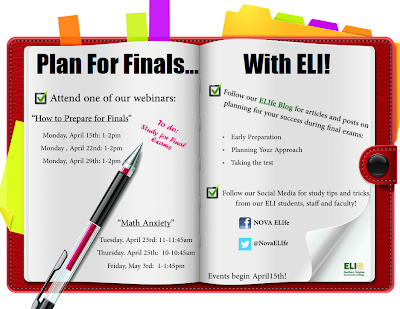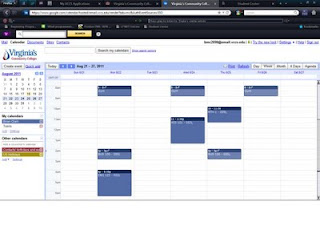Imagine you are about to submit an online assignment at 7:30 a.m. on Monday morning. Your computer crashes and you must submit it from another computer. You decide to drive to the library. However, it is pouring down rain, traffic is moving at a bumper-to-bumper pace and the clock is ticking. If you do not submit the assignment by 8:00, you will not receive credit. Does this scenario sound familiar? This scenario is similar to something that we have all experienced at one time or another.
What are some of the feelings that you experience in such a scenario and how do you typically respond? Think physiology: racing heart, nausea, indigestion or tense muscles. The feelings of worry and stress may hinder our thought processes and may interfere with our ability to make informed decisions while in crisis mode. In these unpredictable times, we can’t always control our external circumstances; however, we can control our response to them and how we strategize to overcome physical and mental stress in preparation for the next time we are faced with a similar situation.
Some suggestions to promote peace in your life during stressful situations:
· Be pro-active. Although we can’t always be a step ahead, try to plan so that you are not completing tasks at the last minute.
· Take a Deep Breath. If you are inclined to take rapid, shallow breaths, practice taking in slower deep breaths to combat the stress response.
· Do not respond reactively. Take a moment to think through your situation and how to best resolve the problem. Write down your options and determine which will be the best approach.
· Think of a calm relaxing scene such as a tranquil, sandy beach with the peaceful sound of ocean waves in the background or whatever scene helps you feel at peace (you may want to practice this in your spare time so that you can return to this scene when circumstances warrant it).
· Turn on some relaxing music. Easy listening music may serve to provide a sense of peace and calmness.
As you learn to take responsibility and incorporate these processes into your life, they will help you develop a rational and orderly response to stressful situations.
For additional information please, click here.














